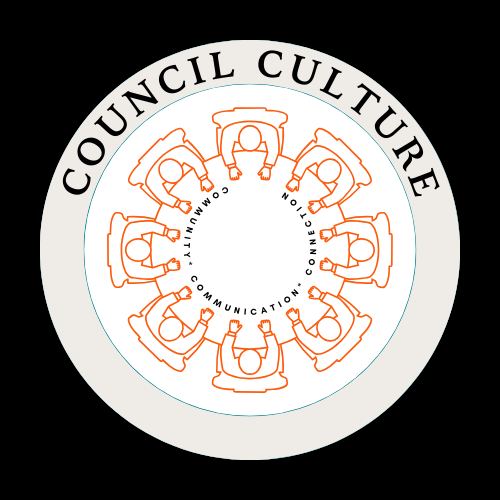Recruiting and Engaging Councillors:A Thoughtful Approach
When we think about the process of recruiting and engaging councillors, we often overlook a key point: What motivates people to step into these roles? If you’ve ever listened to phone-in radio shows, you might already have an inkling of the psychology behind it. In my past career as a radio presenter, stations such as LBC and BBC understood the dynamics of a phone-in show that didn't result in dead air. The same thinking offers a unique lens through which we can view the motivations of potential councillors. Let’s break this down.
Phone-in shows thrive on a certain type of engagement. Callers typically have three primary reasons for picking up the phone:
They feel they are smarter than the presenter and need to educate them.
They can win a prize.
They want to help.
Although the second reason, winning a prize, is less applicable in the world of local government, the first and third are directly relevant.
People phone in because they feel they have something important to share - an insight or perspective that can educate the presenter and the audience. Likewise, people are drawn to the idea of becoming councillors because they want to help, improve, or fix things in their community.
They want to be part of something greater and make a meaningful impact.
While becoming a councillor might not come with a physical prize, the role itself can serve as an attractive reward for those motivated by the desire to create change. But we must also remember that the underlying drive for most candidates is the opportunity to make a tangible difference – to help their community or to correct the issues that frustrate them.
The 'Why' of Becoming a Councillor
This brings us to a crucial point in the recruitment process: appealing to the 'why'.
To effectively attract councillors, your communication needs to resonate with their intrinsic motivations. Phrases like "Can you help us create a better [insert Parish / Town]?” or "Join us in building a stronger, more resilient town" can spark interest and tap into the very motivations that drive people to serve. It’s about aligning your messaging with the sense of purpose that people crave when they consider taking on a councillor’s responsibilities.
Effective recruitment doesn’t just focus on the job description or the duties involved – it zeroes in on the larger vision. What change can potential councillors help drive? What is the impact they can have on their community? Once your message taps into those values, you'll start to attract candidates who are motivated by the desire to contribute and bring about positive change.
Attracting the Right Type of Councillor.
Not all candidates are created equal. In recruitment, you’ll want to focus on attracting the right kind of councillor – those who are motivated by a desire to help and support, rather than those seeking to assert control. The difference between these two types of candidates lies in how they view power.
The ideal councillor operates with a mindset of "power too" rather than "power over."
"Power too" refers to the concept of sharing power – enabling others to have a voice, empowering community members to shape their environment, and using the position to facilitate progress based on the collective will. In this model, the councillor is a facilitator, not a ruler. Their role is to listen, guide, and work with the community to shape strategies that reflect the needs and aspirations of the people they serve.
On the other hand, a councillor with a “power over” mindset may view their role as being the sole representative of the people, asserting their own views on the community without really understanding what the community wants. They might believe that once elected, their role is to "be the voice" of the people without ever really listening to what those people actually need or want. This approach is often less effective, as it creates a disconnect between the council and the community it serves. It can also create a disconnect among the council members and put added pressure on the Clerk being pulled like a bendy toy if two or more of the councillors have this individualistic mindset.
Being a true representative is more than just speaking on behalf of the community; it’s about actively listening and engaging with people to ensure that their voices are heard. It’s hard to be someone’s voice if you don’t know what they would like you to say. This is why recruiting councillors who understand this and are motivated by a genuine desire to serve the community is key.
Recruiting and engaging councillors isn’t just about filling positions; however, because it's hard, it feels like that. It’s about attracting individuals who have the right mindset and motivation to make a difference. By communicating the purpose and impact of the role, you can inspire people who want to help, empower others, and contribute to the greater good of their community.
Ensure that your recruitment strategy focuses on the 'why' behind the role and emphasises the importance of collaboration, listening, and facilitating community-driven change. If the council has a clear value-led mission, this can help people feel they are connecting to an organisation that shares their values.
In doing so, you’ll be able to recruit councillors who are not just looking for a title or a power dynamic but who are genuinely invested in creating a positive and lasting impact in their town or parish.
